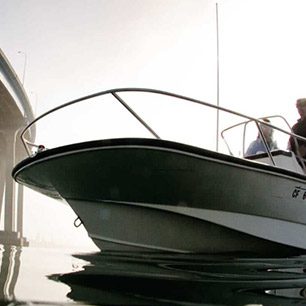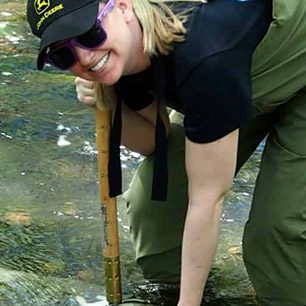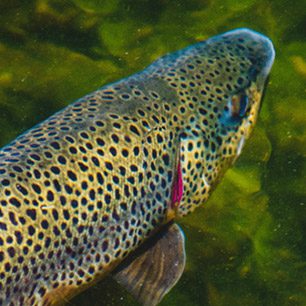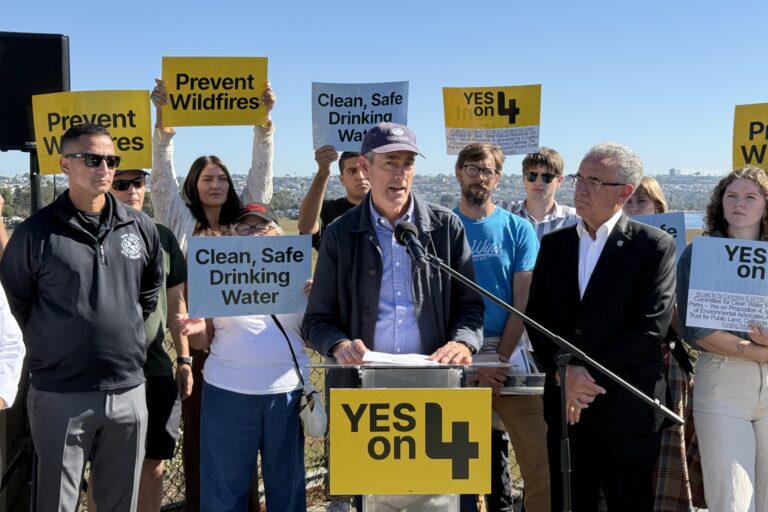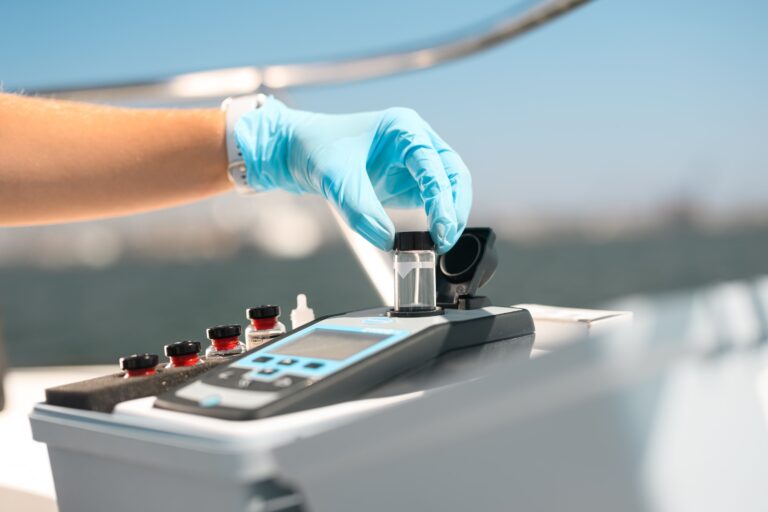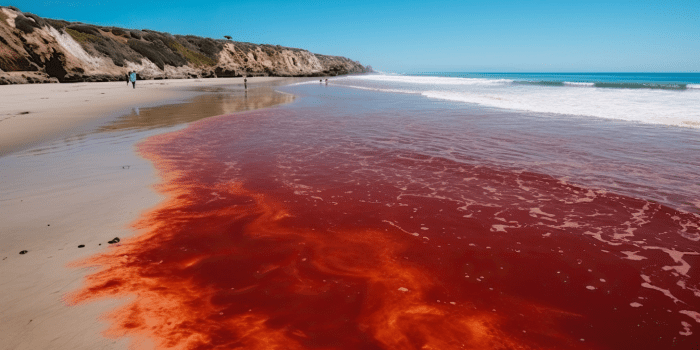

What does this mean for marine life and for you? Well, sea creatures will be forced to swim in water that increasingly resembles lemon juice. Of course, the ocean won’t become nearly that acidic (at least not in the next 100 years), but even small increases in acidity can have a detrimental effect on marine life. Shellfish will suffer as acidification inhibits shell formation. And we’re not just talking about the shrimp, crab and lobster that we humans enjoy. But smaller shell-clad creatures are an important food source for numerous species, including salmon, mackerel, herring, cod and even whales! Take away the food source, take away the prey. Likewise, coral reefs could be wiped out as corals become unable to build their skeletons, which will devastate tourism and fishing industries, and will rid vast swaths of coastline of the valuable protection that reefs provide against strong currents, waves and storms. Importantly, the aqueous laboratory proved that the coral reef is a valuable source of medicines used to treat serious conditions including cancer.
So what’s the story with CO2? In 2010 the U.S. emitted more than 6.8 billion tons of greenhouse gasses, the vast majority of which (5.7 billion tons) was CO2. In San Diego County alone, the hard data reveal that we emit some 34 million tons of CO2 (and CO2 equivalent) annually. Projections indicate that CO2 emissions will worsen materially by 2020 – increasing by more than 26 percent or to 43 million tons.


In addition to changing your driving habits, you can reduce your household energy consumption – another major contributor of CO2 emissions. Turn off lights, fans, TVs, stereos and heating and cooling systems when you don’t need them. Use energy efficient light bulbs. Shorten your showers, install a low flow shower head or take cooler showers! Hot water use is a major drain (no pun intended) on the energy supply.
In short, there are lots of things you can do to reduce your personal carbon footprint and save our oceans. Some effort is better than no effort. If you change just one CO2 emitting habit, you can have an impact. Although it would be best to start big, even small changes help.
P.S. If you want to get serious about reducing your CO2 footprint, check out this fancy calculator made available by the EPA.


